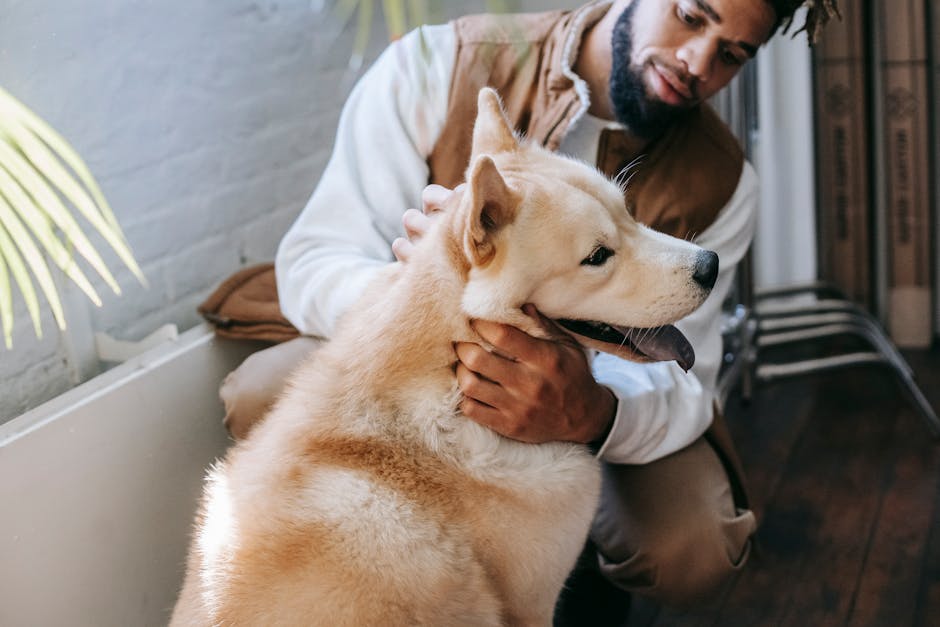Several factors influence a pet’s compatibility with a busy lifestyle. Independent breeds or species require less hands-on attention compared to those needing constant interaction and training. Consideration should also be given to grooming needs, as high-maintenance breeds may demand significant time investment for bathing, brushing, and professional grooming appointments. Lastly, the animal’s overall health and potential for health issues play a crucial role. A pet predisposed to illnesses may require frequent vet visits and specialized care, impacting a busy owner’s schedule considerably.
Cats often top the list for busy individuals. Generally independent, cats are adept at self-amusement. They require less direct interaction than dogs, spending considerable time grooming themselves and sleeping. Feeding typically involves leaving out dry food, and litter box maintenance is relatively straightforward. However, it’s crucial to select a cat that matches one’s personality. While many cats are content with independent play, some breeds are more demanding of attention. Similarly, while litter box maintenance is less time-consuming than dog walking, neglecting it can lead to health problems for the cat and unpleasant smells in the home. Regular veterinary check-ups remain essential for all cats, regardless of their breed or activity level.
Certain dog breeds are also suitable for individuals with busy lifestyles. Low-energy breeds, such as Greyhounds or Cavalier King Charles Spaniels, require less intense exercise than their more energetic counterparts. These breeds are often content with shorter walks and periods of rest, making them adaptable to busier schedules. However, even low-energy dogs require daily exercise and mental stimulation. Failing to meet these needs can lead to destructive behavior and unhappiness in the animal. Selecting a dog that’s already partially or fully trained can significantly reduce the time investment required for training and socialization. Adopting an older dog, rather than a puppy, may also reduce the time commitment, as they generally require less training.
Small mammals, such as hamsters, guinea pigs, or rabbits, offer a different perspective. These animals require less daily interaction compared to dogs or cats. Daily feeding and cage cleaning constitute the primary responsibilities. However, it’s vital to remember that these animals still necessitate care and attention. Ensuring a clean and stimulating habitat is crucial for their well-being, and regular vet checks are vital. Choosing a species with a longer lifespan requires a longer-term commitment, irrespective of the owner’s schedule.
Birds, such as budgies or cockatiels, can be rewarding companions. They are relatively low-maintenance compared to larger birds, but still require daily attention, including feeding, water changes, and cage cleaning. Their vocalizations and need for mental stimulation should be considered, as noisy birds might not suit all living environments. Regular interaction, including playtime, is necessary to prevent behavioral issues. As with other animals, veterinary care is crucial for maintaining their health.
Fish, while seemingly low-maintenance, also demand attention. Tank maintenance, including regular water changes, filter cleaning, and monitoring water parameters, is crucial for a healthy aquatic environment. Choosing a fish species that suits one’s experience level is paramount; some fish require more specialized care than others. The initial setup of the aquarium also necessitates a time investment. While less time-intensive than other pets on a daily basis, neglecting tank maintenance can lead to the death of the fish.
Reptiles and amphibians represent another option. Their specific needs vary greatly depending on the species. Some, like certain lizards, may require a considerable time commitment for feeding, cleaning, and maintaining specific environmental conditions. Others, such as some frogs, may be relatively low-maintenance. However, all require careful consideration of their unique needs, including appropriate temperature and humidity levels, specialized diets, and potentially specific lighting requirements. This makes them better suited to owners with more specific knowledge and available time for research and dedicated care.
Ultimately, the “best” pet for a busy lifestyle depends significantly on individual circumstances and preferences. There’s no single perfect answer. Before committing to any pet, thorough research is paramount. Understanding the animal’s specific needs, including diet, exercise requirements, grooming needs, potential health issues, and overall temperament, is crucial. A realistic assessment of one’s available time, energy levels, and living situation is equally important. Considering adopting an older, already trained animal may also reduce the time commitment, minimizing the demands on one’s busy schedule. Consulting with animal shelters and breeders can help match prospective owners with pets best suited to their lifestyles, ensuring a happy and healthy relationship for both pet and owner. Responsible pet ownership begins with careful and thoughtful selection.
